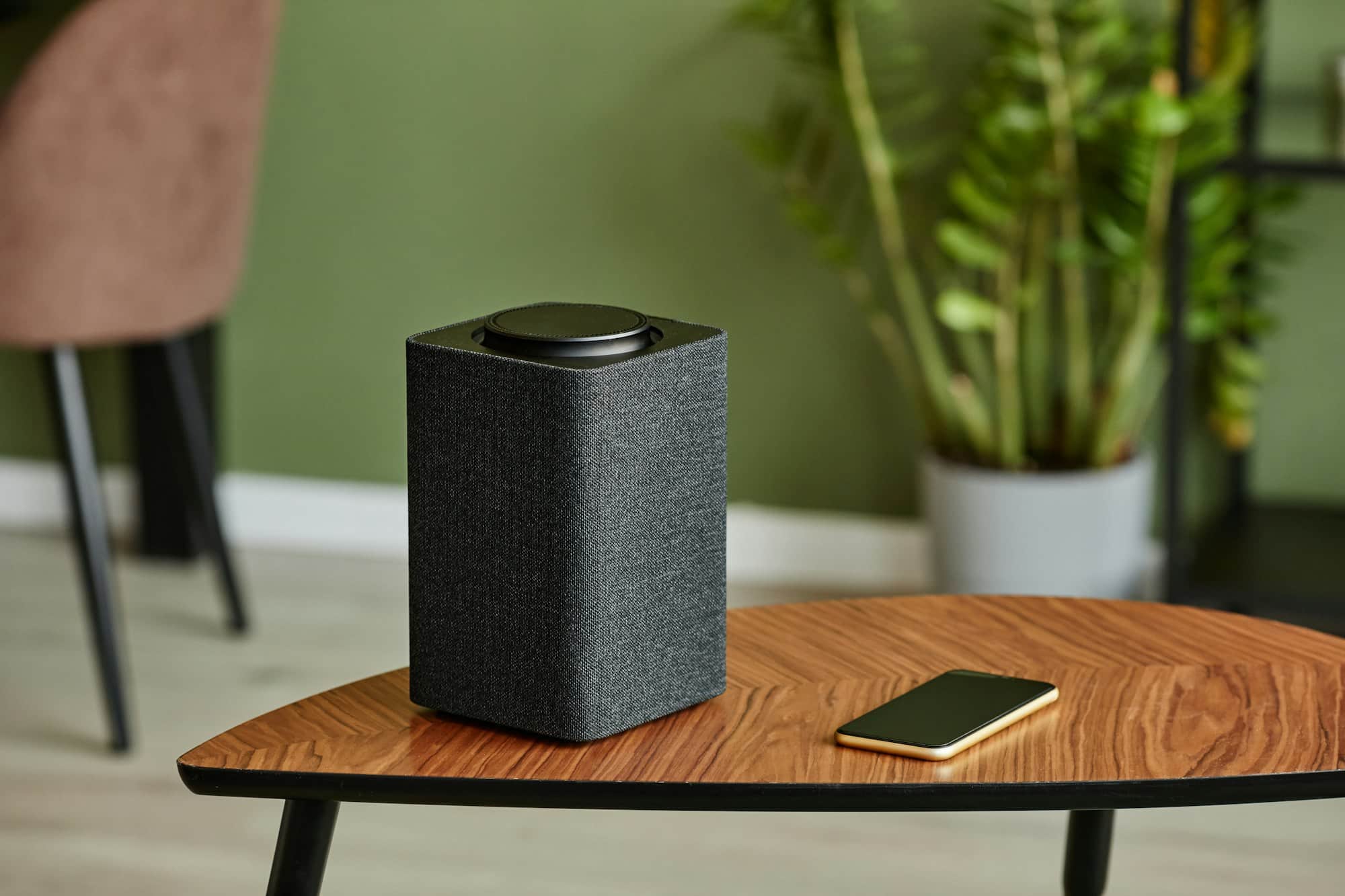In the digital age, where technology is rapidly evolving, artificial intelligence (AI) is continually expanding its horizons and influencing various aspects of human life. One such domain is music. The intersection of AI and music is a fascinating field that has given birth to generative systems capable of creating content, specifically music compositions that mirror human creativity. This article explores the emerging trends and advancements in the development of AI systems that generate original music.
1. Understanding Music Generation Through AI Systems
The development of AI systems that create music is an intricate fusion of technology and creativity. These systems employ machine learning algorithms to generate musical pieces that are indistinguishable from those created by human composers.
A lire aussi : Can AI Translate Ancient Scripts and Undeciphered Languages Accurately?
AI music generation is based on Deep Learning, a subset of machine learning techniques. Deep learning algorithms are modeled on the human brain’s neural networks, enabling them to learn from vast amounts of data. In the context of music, this data comprises of various musical works, their structure, rhythm, tonality, and other elements which the system studies to create music.
It is essential to understand that AI systems do not create music out of a void. They leverage pre-existing musical data, learn from it, and generate music that is derived from this learned knowledge.
A lire aussi : What’s the Role of Artificial Photosynthesis in Urban Air Purification?
2. The Role of Copyright and Content Generation in AI-Produced Music
The emergence of AI-generated music poses unique challenges and questions around copyright. Traditionally, copyright laws are designed to protect the rights of human creators. However, in the case of AI-generated music, it’s difficult to ascertain who holds the copyright.
The question arises if the AI system, the developers, or the owners of the original data fed to the AI system to learn music should own the copyright. These are complex legal issues that are currently undergoing rigorous debates and discussions.
Content generation through AI also involves ethical considerations. AI systems work on data fed into them, and their output depends largely on the quality and diversity of this input. Therefore, it is crucial to ensure that the data used is not biased, and the output produced is respectful and inclusive.
3. Progress and Breakthroughs in AI-Generated Music
Over the past few years, there has been significant progress in the development of AI systems that generate original music. OpenAI’s MuseNet and Jukin Media’s Jukin Composer are some examples of such advancements.
MuseNet is a deep learning model that can generate 4-minute musical compositions with ten different instruments, covering a wide range of styles from classical to pop music. It is trained on a dataset of MIDI files, enabling it to understand and generate various musical elements.
On the other hand, Jukin Composer is an AI system that creates original music for videos based on their content, length, and mood. It has been used to create music for various commercials and promotional videos, highlighting the practical application of AI in music generation.
4. Challenges in Developing AI Systems That Create Music
While AI has made promising strides in music creation, there are still several challenges that developers face. One of the primary issues is the concern about AI potentially replacing human composers. The fear is that AI, with its ability to generate music at a faster rate and lower cost, could overshadow human creativity and impact the livelihood of musicians and composers.
Another challenge lies in achieving the emotional depth and intricacy that characterizes human-generated music. Despite the advanced algorithms and vast datasets, AI systems still struggle to capture the subtle nuances and emotional evocations that come from human compositions.
5. Future of AI-Generated Music
The future of AI-generated music looks promising. With advancements in machine learning and data analysis, AI systems are expected to become even more sophisticated in their music generation capabilities. This does not mean that AI will replace human composers but rather that it could become a powerful tool in their creative process, helping them explore new musical possibilities and enhancing their compositions.
While there are still challenges to overcome, the progress in developing AI systems that can write original music is a testament to technology’s potential to revolutionize the creative process. We can anticipate a future where AI and human creativity work hand-in-hand to create music that resonates with people and tells compelling stories.
6. Notable AI Tools in Music Generation
The realm of music generation is buzzing with remarkable AI tools, each contributing to the evolution of music generation. Two such distinguished AI systems are Google’s Magenta and AIVA (Artificial Intelligence Virtual Artist).
Magenta, developed by Google’s Brain Team, is a research project exploring the role of deep learning and reinforcement learning algorithms in creating art and music. One of Magenta’s contributions to AI music is the Music Transformer, a model that generates music with a long-term structure. It can compose a piece with an introduction, verses, and a chorus, which are significant components of a well-structured musical piece.
AIVA, on the other hand, is an AI composed music which has been recognized by SACEM (The Society of Authors, Composers, and Publishers of Music). AIVA uses deep learning algorithms to compose emotional soundtracks for films, advertisements, and video games. This AI tool has composed music for popular games like Nvidia’s tech demo, Project Sol, highlighting its proficiency in music generation.
Collaborative platforms are also on the rise in the AI music realm. Amper Music and Humtap, for instance, allow users to generate music collaboratively with AI. These platforms facilitate user engagement by providing the tools to compose music, even if the user doesn’t possess any musical knowledge.
7. Conclusion
The development of AI systems that can generate original music is an exciting intersection of technology and creativity. While the progress is substantial, it is essential to note that AI, at its current stage, is not poised to replace human composers, but rather to assist them in their musical journey.
Despite challenges like copyright issues and capturing the emotional depth of human compositions, AI tools have shown remarkable progress in music generation. From Google’s Magenta to OpenAI’s MuseNet and AIVA, these systems are reshaping the landscape of music composition and providing creators with new tools to explore and create.
The future of AI-generated music is promising, as these systems are predicted to become more sophisticated with advancements in machine learning and data analysis. This future holds the exciting prospect of AI and human creativity harmoniously working together to create music that resonates with people and tells compelling stories.
In conclusion, the transformative potential of AI in music generation is substantial and continually evolving, offering exciting possibilities for musicians, composers, and music lovers worldwide. As we march forward into the digital age, the symphony of AI and music is set to become even more melodious and inspiring.






